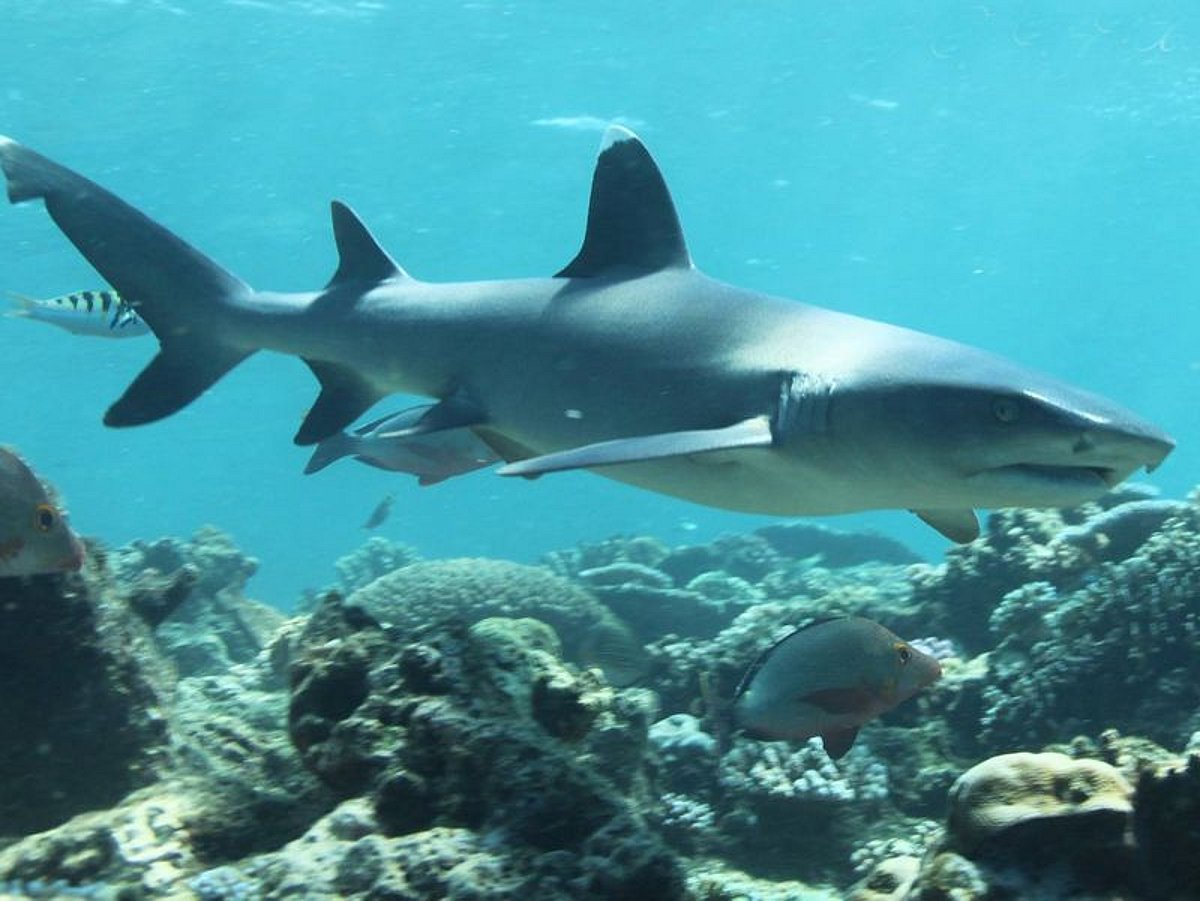Pakistan Launches National Plan for Shark Conservation
The alarming decline of shark populations in Pakistan’s waters has prompted the government to take decisive action. A new National Action Plan for Shark Conservation has been introduced, aiming to address illegal fishing practices and restore the ecological balance of the Arabian Sea.
The Importance of Sharks in Marine Ecosystems
Sharks are vital to the health of marine ecosystems, serving as apex predators that regulate prey populations. Their presence helps maintain the balance necessary for thriving coral reefs and diverse fish stocks. However, the decline of shark species can lead to significant ecological disruptions, affecting biodiversity and the livelihoods of coastal communities that rely on fishing.
Current Threats to Shark Populations
Globally, over one-third of shark species are at risk of extinction, primarily due to overfishing, finning, and habitat degradation. In Pakistan, the situation is exacerbated by insufficient monitoring, a lack of awareness among fishers, and illegal exports of shark fins and meat, despite existing bans on certain species. The Basking Shark, for instance, is listed as endangered on the IUCN Red List and faces threats from fishing net entanglement and vessel collisions.
Government’s Commitment to Conservation
Federal Minister for Maritime Affairs Muhammad Junaid Anwar Chaudhry emphasized the need for urgent action to protect marine biodiversity. He stated that the plan, developed in consultation with provincial authorities and international partners, will focus on curbing the illegal capture of banned shark species, including requiem, hammerhead, thresher, mackerel, whale, and basking sharks.
Chaudhry highlighted the potential repercussions of inaction, warning that failure to protect shark populations could jeopardize Pakistan’s seafood trade and global reputation. The government plans to collaborate with the Sindh and Balochistan fisheries departments to enhance data collection on shark landings and improve training for fishers on identifying and releasing protected species.
Collaborative Efforts for Effective Implementation
The initiative calls for stronger partnerships with international conservation organizations and regional fisheries bodies. Chaudhry stressed the importance of transparency, scientific data, and stricter enforcement of regulations to ensure the success of the conservation efforts. The Marine Fisheries Department has been directed to engage with provincial authorities and harbor boards to create a unified national strategy that balances shark protection with the needs of local fishing communities.
FAQs
What is the National Action Plan for Shark Conservation?
The National Action Plan is a government initiative aimed at protecting endangered shark species in Pakistan’s waters and restoring marine biodiversity in the Arabian Sea.
Why are sharks important to marine ecosystems?
Sharks play a crucial role as apex predators, helping to maintain the balance of marine ecosystems by controlling prey populations and supporting healthy coral reefs and fish stocks.
What are the main threats to sharks in Pakistan?
Sharks in Pakistan face threats from overfishing, illegal hunting, habitat degradation, and a lack of awareness among fishers, which has led to a decline in their populations.
Conclusion
The introduction of the National Action Plan for Shark Conservation marks a significant step towards safeguarding Pakistan’s marine biodiversity. By addressing illegal fishing practices and fostering collaboration among stakeholders, the government aims to protect vulnerable shark species and ensure the health of the Arabian Sea ecosystem for future generations.
The National Action Plan for Shark Conservation is part of a broader global movement to protect marine life, as many countries are recognizing the critical role sharks play in ocean health. This initiative aligns with international agreements, such as the Convention on International Trade in Endangered Species of Wild Fauna and Flora (CITES), which aims to regulate the trade of endangered species and promote sustainable practices. By adhering to these agreements, Pakistan seeks to enhance its credibility in the global conservation community.
In addition to regulatory measures, the plan emphasizes the importance of public awareness campaigns to educate local communities about the ecological significance of sharks. Engaging local fishers and communities in conservation efforts is essential for fostering a sense of stewardship over marine resources. Educational programs can help shift perceptions about sharks, highlighting their role in supporting fisheries and the overall health of marine ecosystems, which can ultimately benefit local economies reliant on sustainable fishing practices.
Also Read:
Marushika Launches Meheroon Collection Blending Tradition an







